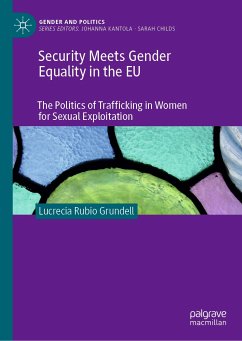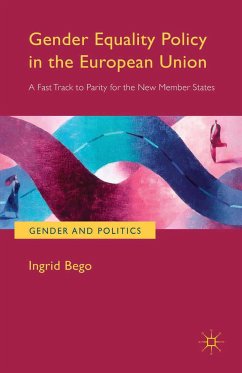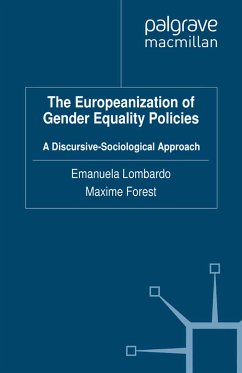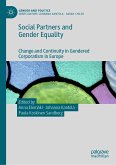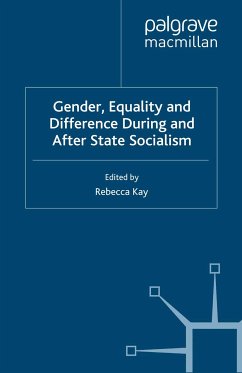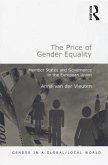This book explores the triangular dynamics of securitisation and desecuritisation that underpin the EU's approach to trafficking in women for sexual exploitation. That is, its progressive securitisation within the EU's anti-trafficking policies and the existence of two distinct and competing approaches that coexist among feminist struggles against such trend: a neo-abolitionist approach, on the one hand, that is increasingly defended from within EU institutions, and has thus become increasingly entangled with the securitisation of trafficking in women; and a sex work approach, on the other, that has been largely relegated to the domains of academia and civil society. As such, this book addresses the intersection of security and feminist neo-abolitionism within the EU's anti-trafficking policies, as well as the desecuritising potential of the anti-trafficking advocacy of both transnational neo-abolitionist and sex worker organisations. This book unprecedentedly brings together three bodies of literature that rarely interact: Critical Security Studies, EU Gender Studies and the feminist literature on prostitution and trafficking in women and demonstrates their fruitful interaction in an extensive empirical analysis of the EU's internal security, violence against women and anti-trafficking policies.
Lucrecia Rubio Grundell is UNA4CAREER Postdoctoral Fellow in the Faculty of Political Science and Sociology at the Universidad Complutense de Madrid, Spain.
Dieser Download kann aus rechtlichen Gründen nur mit Rechnungsadresse in A, B, BG, CY, CZ, D, DK, EW, E, FIN, F, GR, HR, H, IRL, I, LT, L, LR, M, NL, PL, P, R, S, SLO, SK ausgeliefert werden.

